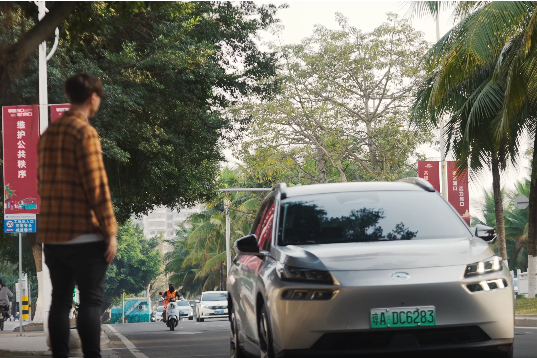Reforms among SOEs a priority during 14th Five-Year Plan

China will push corporate reforms at 8,000 State-controlled enterprises during the country's 14th Five-Year Plan (2021-2025) period to further optimize asset structures and improve market-oriented operating mechanisms, said the country's top State asset regulator.
Total assets associated with these reforms are worth 1.3 trillion yuan ($198.12 billion). The campaign is conducive in fundamentally solving outstanding issues among State-owned businesses and helps the country pursue high-quality growth over the long run, said Weng Jieming, vice-chairman of the State-owned Assets Supervision and Administration Commission of the State Council.
Unlike centrally administrated State-owned enterprises, which are large groups within the jurisdiction of the central authorities, State-controlled firms refer to all enterprises owned partly or outright by all levels of government across the country.
"Even though reforms will involve a large number of companies, and some are also facing historical debt and other operational issues, the government will clarify approval procedures, asset evaluations, tax payments and land disposals for their corporate reforms in the next stage," Weng said.
He added that all corporate reforms among centrally administered SOEs along with 96 percent of the country's State-controlled enterprises supervised by provincial-level State-asset regulators to date have been completed.
Since central SOEs completed their corporate system reforms, their scale, earning strength and operational efficiency have all significantly improved in recent years, said Liu Xingguo, a researcher at the Beijing-based China Enterprise Confederation.
Total assets of China's central SOEs amounted to 63.4 trillion yuan by the end of 2019, growing 16.12 percent from 2017, while their net profits reached 1.4 trillion yuan, an increase of 32.32 percent over 2017, government data showed.
Under new government policies announced in October, major SOEs will be encouraged to sell significant stakes to outside strategic partners during a three-year action plan for SOE reform, which will run through 2022.
The plan is designed to implement measures outlined by the 19th National Congress of the Communist Party of China in late 2017 to push SOEs to adapt to market-oriented and law-based rules and norms in the new era as soon as possible and assume greater responsibility in an open and innovative environment.
The government encourages publicly listed SOEs to introduce strategic investors by offering them 5 percent or more equity to participate in corporate governance as active shareholders.
China Southern Airlines General Aviation Ltd, a unit of China Southern Airlines, has taken a mixed-ownership reform path after the parent firm brought in three new investors last week.
Following the move, the registered capital of China Southern Airlines General Aviation Ltd will grow from 1 billion yuan to more than 1.34 billion yuan. The company currently operates 25 general-purpose aircraft, including 16 S-series heavy helicopters, the airline said in a statement.
Despite the new investors, Shanghai-listed China Southern Airlines is still the largest shareholder in the company with a 57.9 percent stake. SOE Reform Development Fund Management Co Ltd holds 14.1 percent, China Southern Power Grid Industrial Investment Group Co Ltd 10 percent, China Southern Airlines Capital 10 percent and a Zhuhai-based company 8 percent.
Pang Xiaogang, vice-president of State Grid Corporation of China, said that mixed-ownership reform has been actively and steadily carried out over the past several years, and the role of State-owned capital has been further diversified.
Since 2013, China has completed mixed-ownership reform at more than 4,000 firms, with more than 1.5 trillion yuan of non-State capital involved, the SASAC said.
China's SOEs saw their aggregate net profit after taxes rise 62.7 percent on a yearly basis in October, while operating revenue climbed 7 percent, the Ministry of Finance said last week.
SOEs reported 49.68 trillion yuan in revenue between January and October, growing 0.2 percent over the same period of last year, while net profit totaled 1.93 trillion yuan after taxes, down 11.4 percent year-on-year, the ministry said.




